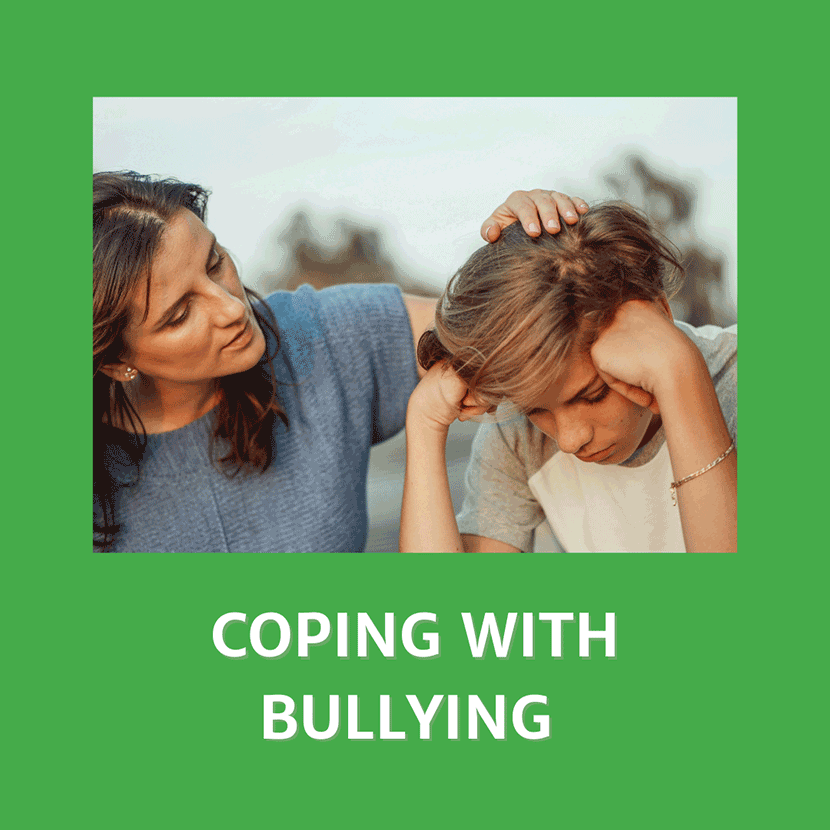Obsessive-Compulsive Disorder (OCD) is often misunderstood. It’s more than being “neat” or “particular” — it’s a serious mental health condition that can cause distressing thoughts and repetitive behaviors.
Understanding OCD and separating myths from facts helps reduce stigma, promote compassion, and encourage people to seek the right support and treatment.
What Is Obsessive-Compulsive Disorder?
Obsessive-Compulsive Disorder (OCD) is a chronic condition characterized by two main components:
- Obsessions: Unwanted, intrusive thoughts, images, or urges that cause anxiety or distress.
- Compulsions: Repetitive behaviors or mental acts performed to relieve the distress caused by obsessions.
For example, someone might obsess about germs and respond by washing their hands dozens of times a day — not because they want to, but because the anxiety feels unbearable otherwise.
Myth #1: “Everyone Is a Little OCD.”
Fact: Being detail-oriented, organized, or tidy is not the same as having OCD. OCD involves overwhelming, intrusive thoughts and compulsions that significantly interfere with daily life. Casually describing someone as “so OCD” minimizes the seriousness of this disorder and the real suffering it causes.
Myth #2: OCD Is Just About Cleanliness
Fact: While some people with OCD have contamination fears, OCD can take many forms. Common obsessions include fears of harm, symmetry, taboo thoughts, or needing things to feel “just right.” Compulsions might include counting, checking, seeking reassurance, or repeating actions, often in secret due to shame or embarrassment.
Myth #3: People With OCD Can “Just Stop” Their Thoughts
Fact: OCD is not a matter of willpower. The intrusive thoughts that drive compulsions are unwanted and distressing. Trying to suppress them usually increases anxiety.
Effective treatment — such as Cognitive Behavioral Therapy (CBT), particularly Exposure and Response Prevention (ERP), and sometimes medication — helps retrain the brain’s response to anxiety.
Learn more about related conditions like anxiety, which often co-occur with OCD.
Myth #4: OCD Is Rare
Fact: OCD affects about 2–3% of the population, meaning millions of people in the U.S. live with the condition. It often begins in childhood or adolescence and can persist into adulthood if untreated.
With proper diagnosis and support, people with OCD can lead fulfilling, balanced lives.
How OCD Impacts Mental Health
OCD can be emotionally exhausting. The constant loop of anxious thoughts and repetitive behaviors can lead to depression, isolation, or burnout.
Common emotional and behavioral effects include:
- Feeling trapped by unwanted thoughts
- Avoiding situations that trigger obsessions
- Fatigue from mental and physical rituals
- Guilt or shame over intrusive thoughts
Breaking this cycle requires compassion, understanding, and evidence-based care.
How Mental Wellness Center Supports Individuals and Families
Mental Wellness Center provides education, support, and community programs that help individuals better understand OCD and other mental health conditions.
Our Obsessive-Compulsive Disorder (OCD) resource page offers information on local support, treatment options, and community programs
Local and National OCD Resources
Local (Santa Barbara & California)
- Mental Wellness Center
- https://mentalwellnesscenter.org
- 617 Garden Street, Santa Barbara, CA 93101
- Phone: (805) 884-8440
- Community education, youth programs, and peer support.
- https://mentalwellnesscenter.org
- Family Service Agency of Santa Barbara County
- https://fsacares.org
- Offers counseling, youth programs, and family support services.
- Santa Barbara County Department of Behavioral Wellness
- https://www.countyofsb.org/behavioral-wellness
- Local mental health services, crisis intervention, and case management.
National Resources
- International OCD Foundation (IOCDF)
- https://iocdf.org
Dedicated to supporting individuals with OCD through education, research, and advocacy.
- https://iocdf.org
- Anxiety & Depression Association of America (ADAA)
- https://adaa.org
- Resources on anxiety, depression, and OCD, including therapist directories and educational tools.
- NAMI (National Alliance on Mental Illness)
- https://nami.org
- Peer-led support groups and educational programs for individuals and families affected by mental illness.
- National Institute of Mental Health (NIMH)
- https://www.nimh.nih.gov/health/topics/obsessive-compulsive-disorder-ocd
- Provides up-to-date research and treatment information on OCD.
- Crisis Text Line
- Text HELLO to 741741
- 24/7 text-based support for anyone in emotional distress.





